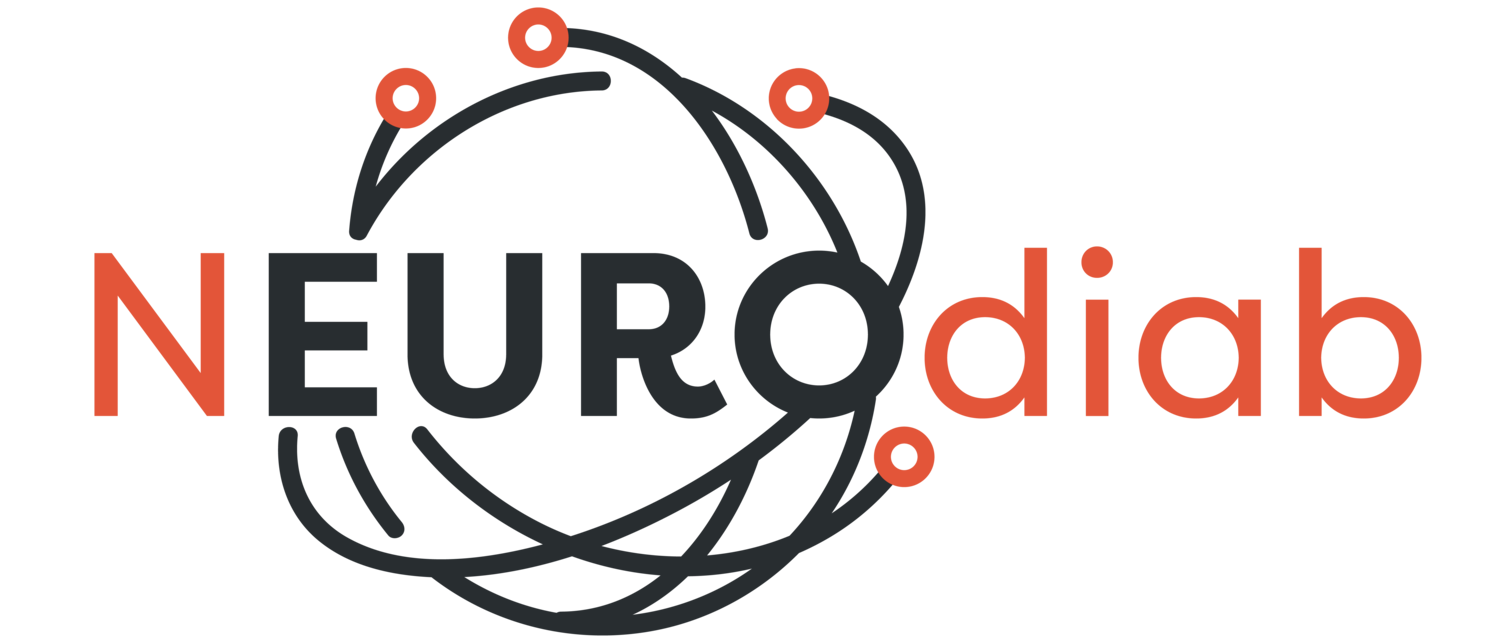Publication News 24 - 27 June 2022
The SCAN study showed that SGLT2-inhibitors reduce cardiac autonomic dysfunction and the recurrence of vasovagal syncope in patients with type 2 diabetes mellitus at 1 year
Aims: To determine if SGLT2-inhibitors (SGLT2is) are able to modulate/improve autonomic dysfunction in patients with type 2 diabetes (T2DM) and with vasovagal syncope (VVS) in order to reduce VVS recurrence in the future.
Methods: This was a prospective multi-centre study including 324 patients with T2DM and VVS divided into 161 SGLT2i-users vs. 163 Non-SGLT2i users. Heart rate variability (HRV) on 24h ECG recording, 123I-MIBG and VVS recurrence were assessed at baseline and 12 months of follow-up.
Results: At 12 months SGLT2i-users vs. Non-SGLT2i users had better glucose homeostasis and lower values of inflammatory markers and resting heart rate (p<0.05). Patients using SGLT2is vs. Non- SGLT2i users also had lower low frequency to high frequency ratio (LF/HFr), significant difference for all HRV indexes, and higher values of Heart to Mediastinum ratio (H/Mlate) (a measure of cardiac sympathetic innervation) (p<0.05). At 1-year follow-up those not on SGLT2is showed a higher rate of VVS recurrence events, specifically of the vasodepressor type (according to a fall in systolic blood pressure without changes in heart rate during head-up tilt test) (p<0.05), while there was no significant difference of mixed and cardio-inhibitory VVS recurrence (p>0.05). At the multivariate Cox regression analysis, only H/Mlate (0.710, [0.481–0.985]), and SGLT2i therapy (0.550, [0.324–0.934]) predicted all causes of syncope recurrence at 1 year of follow-up.
Conclusion: Non-SGLT2i users had alterations of the autonomic nervous system and a higher rate of VVS recurrence at 1 year of follow-up compared to those on SGLT2is. The indexes of cardiac denervation predicted the VVS recurrence, while SGLT2is reduced the risk of VVS recurrence. SGLT2is might reduce inflammatory burden and ameliorate glucose homeostasis, hemodynamic, and autonomic dysfunction in T2DM patients with VVS.
Comments. SGLT2is have been shown to be cardioprotective independently on glucose control with most guidelines advocating early implementation of this class of medication, in particular for patients at higher cardiovascular risk. In this study SGLT2is were found to modulate the measures of cardiac autonomic function/innervation and reduce the recurrence of VVS, namely the vasodepressor form, in patients with T2DM at 12 months follow up. The authors suggest that SGLT2i treatment might induce an ameliorative regulation of sympathetic systemic tone thus reducing cardiac autonomic dysfunction and cardiac denervation. Cardiovascular autonomic neuropathy is associated with increased mortality in diabetes with no treatments available to reverse the progression. This study is therefore particularly interesting as a therapy that is already used in clinical practice may have a significant impact on autonomic dysfunction. They reported that SGLT2i therapy could inversely and independently predict the risk of having VVS recurrence at follow-up and that the SGLT2i therapy could cause ~45% reduction in risk to have all causes of VVS recurrence. This paves the path for a larger RCT to build upon this data, also to better clarify the mechanisms of the SGLT2i beneficial effects on VVS recurrence and if they are modified by presence of a definite cardiovascular autonomic neuropathy.
Shazli Azmi
Reference. Sardu C, Massimo Massetti M, Rambaldi P, Gatta G, Cappabianca S, Sasso FC, Santamaria M, Volpicelli M, Ducceschi V, Signoriello G, Paolisso G, Marfella R. SGLT2-inhibitors reduce thecardiac autonomic neuropathy dysfunction and vaso-vagal syncope recurrence in patients with type 2 diabetes mellitus: the SCAN study. Metabolism. 2022 Jun 19:155243.
https://www.metabolismjournal.com/article/S0026-0495(22)00121-4/fulltext
